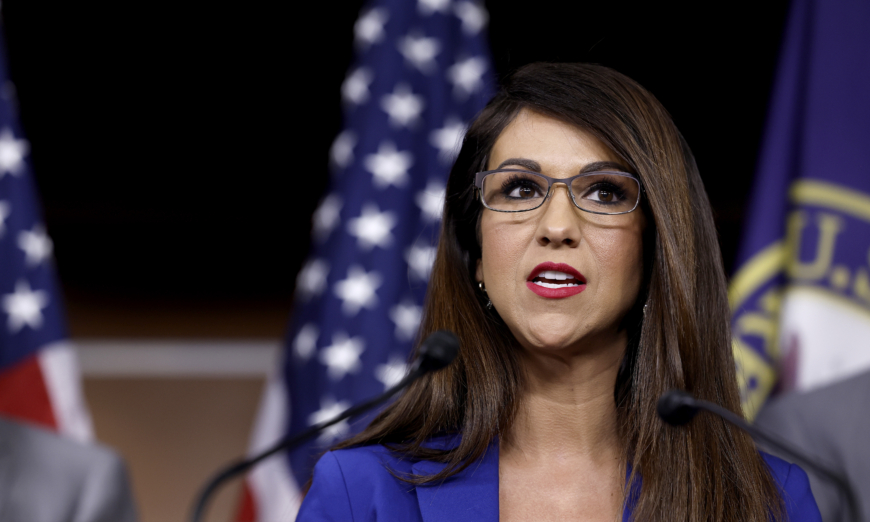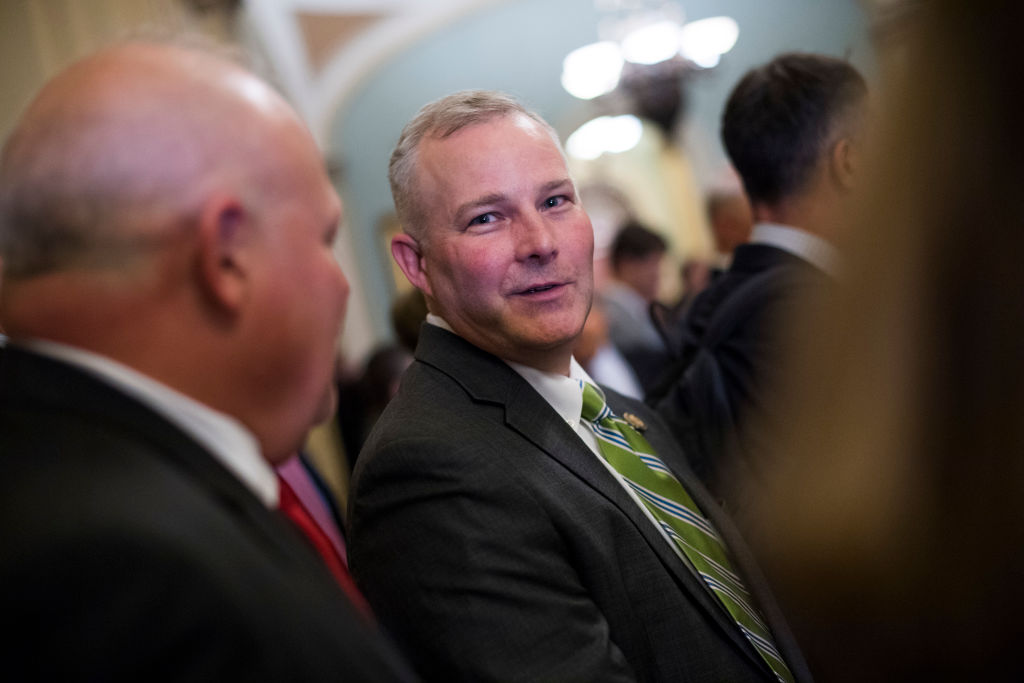Erdogan headed to runoff in reelection fight after failing to get majority vote
Turkish President Recep Tayyip Erdogan failed to secure a majority vote in his reelection battle on Monday, meaning that he and Kemal Kilicdaroglu, who leads the nation’s opposition alliance, will head to a runoff later this month.
Kilicdaroglu’s candidacy, backed by a coalition of opposition parties, has become the most significant challenge to Erdogan’s hold on Ankara in his two decades of power. Turkish election law dictates that a presidential candidate must secure over 50% of the vote to win. If no one has 50% at the end of counting, the race goes to a runoff. With more than 90% of ballots counted, Erdogan led Kilicdaroglu 49.49% to 44.79% as of Sunday evening.
BIDEN SAYS DEBT LIMIT TALKS ARE ‘MOVING LONG’ BUT ‘NOT THERE YET’
Kilicdaroglu has the backing of an impressive six party coalition, which gives him a path to electoral success if each group can convince their voters to turn out for the primary opposition candidate rather than a third party option. The opposition leader stands to benefit form those third party candidates being kept off the ballot in the runoff, though he’ll need to replicate the strong turnout he delivered on Monday.
Both men acknowledged that a runoff was certain later Monday, though each claimed to be ahead in the vote count and accused the state-run Anadolu Agency of manipulating the numbers. Still, the two men separately expressed confidence they would emerge as the final winner.
“Although the final results are not in yet, we are leading by far,” Erdogan told supporters from a balcony overlooking his party’s Ankara-based headquarters on Monday.
“We don’t know yet whether the election will be over in the first round, but if people take us to a second round, we will respect that too,” he added, noting that his ruling conservative alliance had won a “majority” in parliament.
Kilicdaroglu said that he planned to win the two-man race, telling reporters, “If our nation says second round, we will absolutely win in the second round. The will for change in society is higher than 50 percent.”
Erdogan’s power has only expanded in the last decade, especially on the geopolitical front. His hold on voters, however, has waned as the Turkish people grew tired of their longtime leader amid significant economic struggles. Those struggles only escalated after a series of earthquakes devastated southern and central Turkey in February of this year. Erdogan described the quakes, which have killed tens of thousands and displaced millions more, as the “disaster of the century.”
The government’s response to the earthquakes served as a major motivator for voters, who pleaded for swifter action and criticized Erdogan for his delay in mobilizing his military’s vast resources.
The outcome of the election will have significant consequences on U.S.-Turkey relations. Erdogan has a complicated relationship with the West. As a leader, the Turkish president has embraced a number of authoritarian norms, including the jailing and killing of dissidents.
CLICK HERE TO READ MORE FROM THE WASHINGTON EXAMINER
Erdogan’s tough leadership style and alliances with prominent authoritarians has caused friction within NATO, of which Turkey is a voting member. Turkey’s vote allows Erdogan, who has refused to fully cut ties with Russian President Vladimir Putin in the wake of his invasion of Ukraine, a say in much of the U.S. and Europe’s decision-making on military matters.
Kilicdaroglu, meanwhile, is believed to be more European in style. Experts on the region have said he would likely embrace the West over Russia and China if elected.
" Conservative News Daily does not always share or support the views and opinions expressed here; they are just those of the writer."





